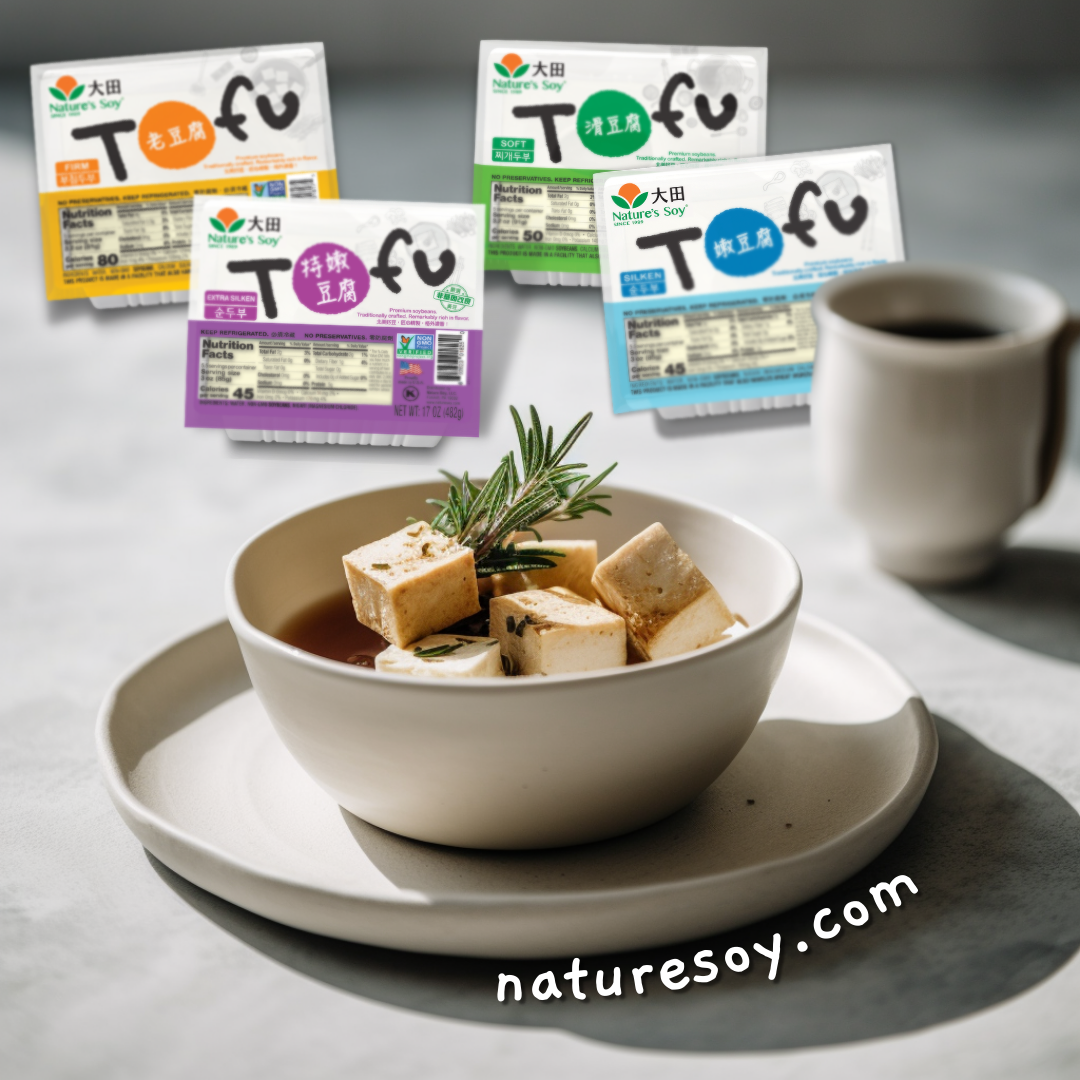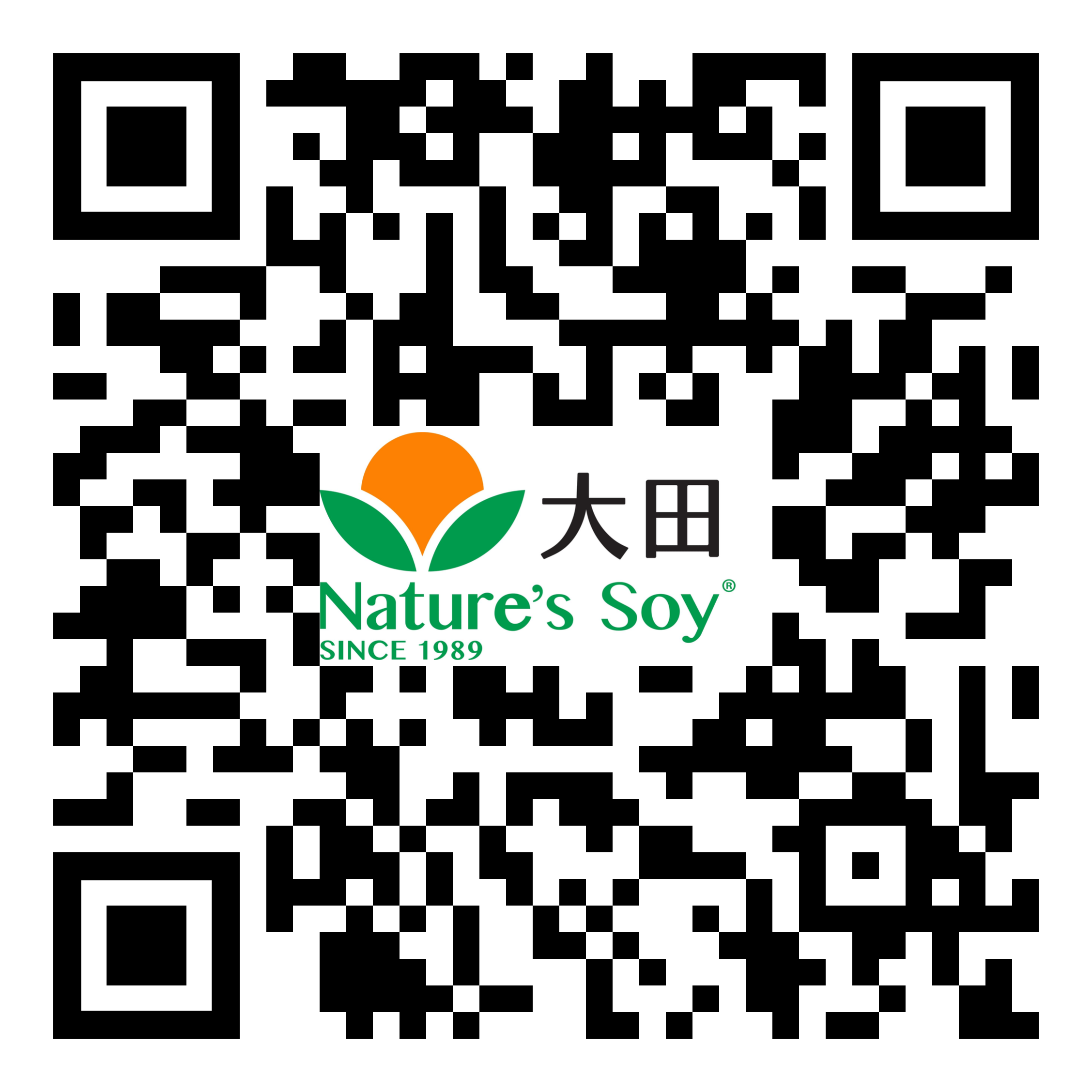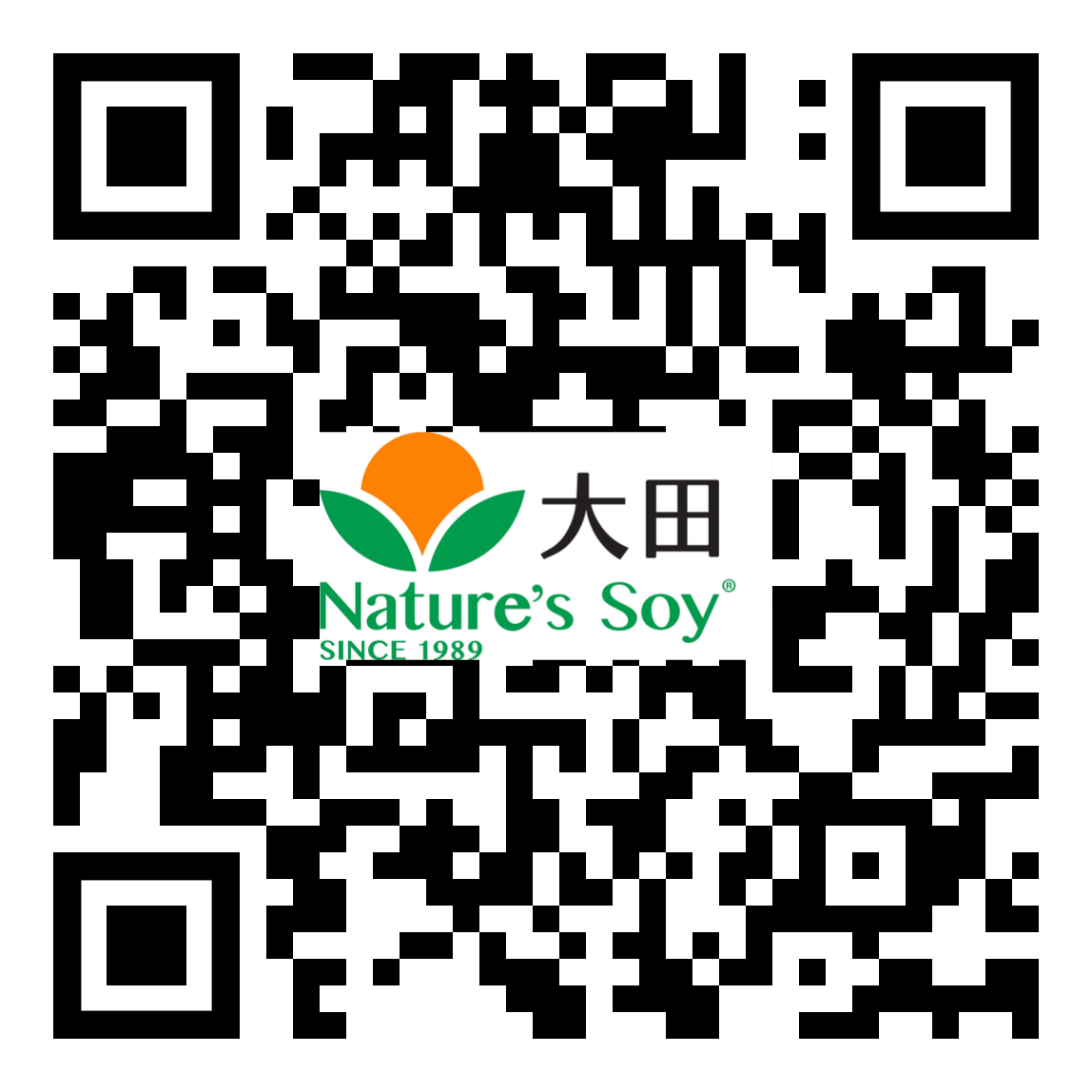Tofu Knowledge Q&A
Soy products are a common type of plant-based food that is rich in protein and other nutrients, providing many health benefits. However, people still have some doubts and concerns about soy products. (Megan Metropulos, 2019)
Here are some common questions and answers to help you better understand soy products:
1. Does soy contain too much estrogen?
A: The phytoestrogens in soy are not as potent as animal estrogen, so soy products do not have adverse effects on most people. In fact, moderate consumption of soy products is very beneficial for women's health. (Messina, M., & Redmond, G., 2006)
2. Is soy a good source of protein for vegetarians?
A: Yes, soy products are a good source of protein for vegetarians. Tofu, soy milk, and other soy products are essential foods for vegetarians because they contain plenty of plant-based protein and other nutrients. (Messina, V., Melina, V., & Mangels, A. R., 2019)
3. Can soy help lower cholesterol?
A: Yes, plant sterols in soy can lower serum cholesterol levels, reducing the risk of cardiovascular disease. Soy products such as tofu, soy milk, and soybeans all contain high levels of plant sterols. (Jenkins, D. J., Kendall, C. W., Jackson, C. J., 2002)
4. Can soy products help with weight loss?
A: Yes, soy products like tofu and soy milk contain less fat and calories and have high levels of dietary fiber which helps increase satiety and promote gut health. Therefore, consuming soy products in moderation can help with weight loss. (Huang & Huang, H. Y., Korivi, M., Tsai, C. H., & Yang, J. , 2016)
5. Can soy products replace meat?
A: Yes, soy products such as tofu and soy milk contain plenty of plant-based protein and other nutrients, making them a good substitute for meat. Additionally, soy products can help reduce animal fat and cholesterol intake, which is beneficial for heart health. (He, F. J., Chen, J. Q., & MacGregor, G. A., 2009)
6. Can soy products help prevent osteoporosis?
A: Yes, plant estrogen in soy can help maintain bone health and prevent osteoporosis. Additionally, soy products also contain calcium which is essential for healthy bones. (Taku, K., Melby, M. K., Nishi, N., Omori, T., & Ku, 2012)
7. What are some ways to consume soy products?
A: Soy products can be used to make soup, dishes, desserts, and more. For example, tofu can be used to make soup, fried, or stir-fried, while soy milk can be consumed directly or mixed with sugar or honey for flavor.
8. Can soy products help lower blood sugar?
A: Yes, soy products like tofu and soy milk contain plenty of dietary fiber and protein, which can help stabilize blood sugar levels and control diabetes. (Ma, L., Liu, G., Ding, G., & Chen, L., 2017)
9. Can soy products help protect heart health?
A: Yes, plant sterols in soy can help lower cholesterol levels, reducing the risk of cardiovascular disease. Additionally, soy products also contain plenty of dietary fiber and potassium, which help maintain heart health. (Anderson, J. W., Johnstone, B. M., & Cook-Newell., 1995)
10. What are the benefits of soy products for women in menopause?
A: Plant estrogen in soy can help relieve menopausal symptoms such as hot flashes and mood swings. Therefore, soy products are a great food for menopausal women. (Taku, K., & Melby, M. K., 2012)
11. Can soy products help prevent prostate cancer?
A: Some studies have shown that consuming soy products can lower the risk of prostate cancer. Plant estrogen in soy may help relieve prostate cancer symptoms, and soy products also contain plenty of antioxidants that help protect prostate health. (Lee, M. M., Gomez, S. L., Chang, J. S., Wey, M., W, 2018)
12. Can soy products help lower the risk of cancer?
A: Yes, some studies have shown that consuming soy products can help lower the risk of certain cancers, such as breast cancer, prostate cancer, and bladder cancer. The phytochemicals in soy can help inhibit the growth of cancer cells, and soy products also contain plenty of antioxidants that help protect cells from damage. (Messina, M. J., 2016)
In summary, soy products are a very healthy, delicious, and versatile plant-based food. We hope that the above Q&A has given you a more comprehensive understanding of soy products and helps you make healthier and more reasonable choices in your diet.
Works Cited
Anderson, J. W., Johnstone, B. M., & Cook-Newell. (1995). Retrieved from https://www.ncbi.nlm.nih.gov/books/NBK66457/
He, F. J., Chen, J. Q., & MacGregor, G. A. (2009). Retrieved from https://pubmed.ncbi.nlm.nih.gov/15998749/
Huang, H. Y., & Huang, H. Y., Korivi, M., Tsai, C. H., & Yang, J. . (2016). Retrieved from https://pubmed.ncbi.nlm.nih.gov/12077742/
Jenkins, D. J., Kendall, C. W., Jackson, C. J. (2002). Retrieved from https://pubmed.ncbi.nlm.nih.gov/12077742/
Lee, M. M., Gomez, S. L., Chang, J. S., Wey, M., W. (2018). Retrieved from https://www.ncbi.nlm.nih.gov/pmc/articles/PMC5793268/
Ma, L., Liu, G., Ding, G., & Chen, L. (2017). Retrieved from https://pubmed.ncbi.nlm.nih.gov/36986086/
Megan Metropulos, M. R. (2019). Retrieved from https://www.medicalnewstoday.com/articles/320472#types-and-uses
Messina, M. J. (2016). Retrieved from https://www.ncbi.nlm.nih.gov/pmc/articles/PMC5188409/
Messina, M., & Redmond, G. . (2006). Retrieved from https://pubmed.ncbi.nlm.nih.gov/16571087/
Messina, V., Melina, V., & Mangels, A. R. (2019). Retrieved from https://pubmed.ncbi.nlm.nih.gov/12826029/
National Institutes of Health. (2022). Retrieved from https://www.ncbi.nlm.nih.gov/pmc/articles/PMC9410752/
Taku, K., & Melby, M. K. (2012). Retrieved from https://pubmed.ncbi.nlm.nih.gov/11296152/
Taku, K., Melby, M. K., Nishi, N., Omori, T., & Ku. (2012). Retrieved from https://pubmed.ncbi.nlm.nih.gov/21958941/








